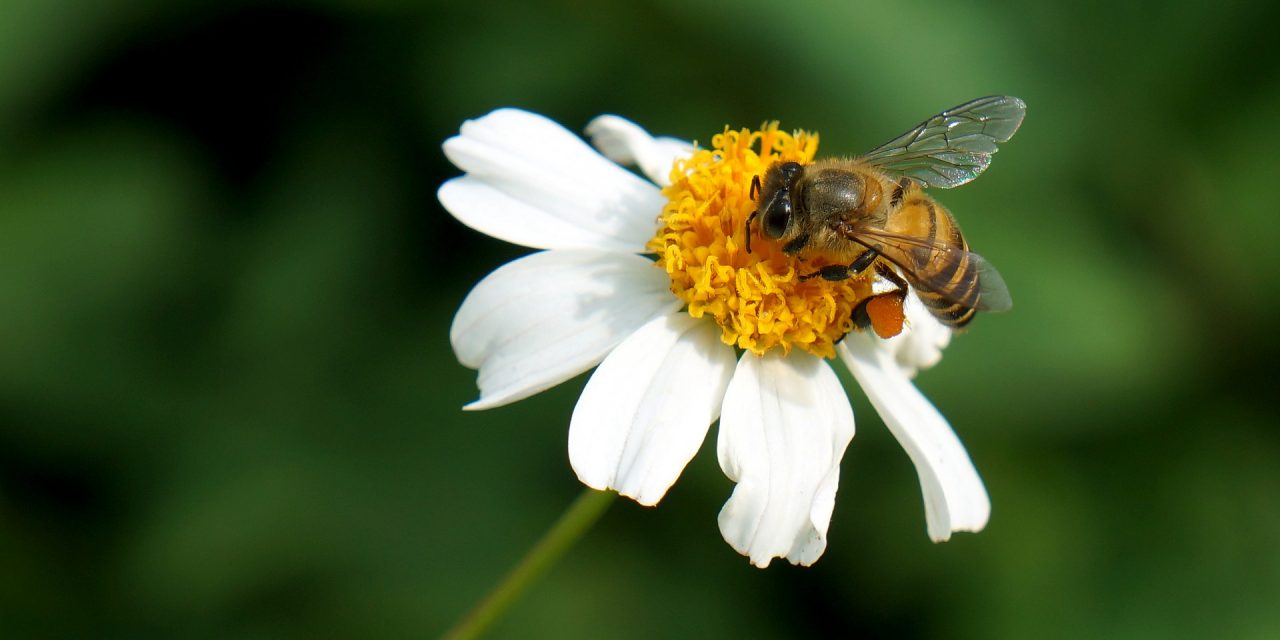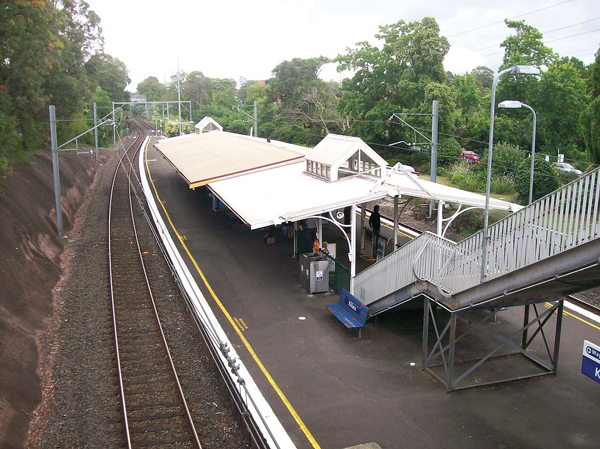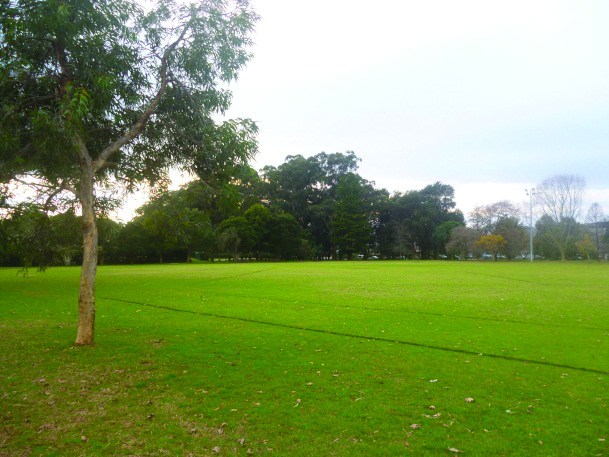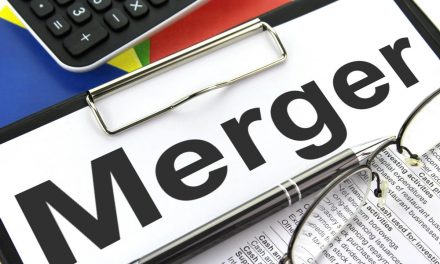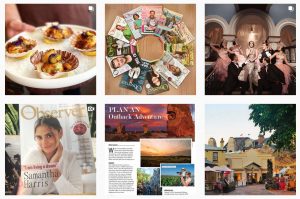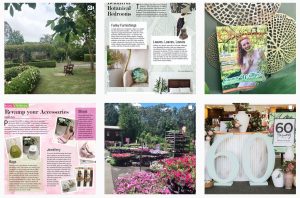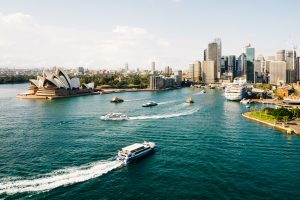Tina Wu
We may not think much about them, but pollinators such as bees and butterflies are vital drivers of the environment’s biodiversity and the country’s agricultural sector, with 75 per cent of flowering plants relying on pollinators to reproduce and 90 per cent of our edible crops pollinated by bees.
Pollination involves the fertilisation of the female part of the flower and initiates the development of seeds and fruit. Good cross-pollination is important as it yields greater genetic diversity that would increase seed quality and germination.
However, pollinator numbers have declined throughout the world in recent times. As the world continues to urbanise, the number of suitable habitats and flowering plants for pollinators is decreasing. Our use of neoncotinoid pesticide is also killing these important insects, and our agricultural practice of monoculture is reducing the variety of available plants.
This global shortage was brought to the public’s attention after the proliferation of a phenomenon known as the Colony Collapse Disorder in the US. This event was first recorded in 2006 and sees honeybees abandoning their hives for various stress-related reasons, causing the hive to stop functioning and the eco-system to potentially collapse.
To address these issues, National Pollinator Week is running from 12-19 November this year and aims to raise awareness for these little bugs and all they do to keep our environment alive and healthy. The event first began in 2015 and was funded by the NSW Environmental Trust.
Though many similar initiatives exist in the Northern Hemisphere, this week was created in order to tailor specifically to the Australian seasonal pattern.
The organisers of the event, Bees Business, are encouraging people to place the importance of pollinators at the front of their minds throughout this week. Resources are available on their website teaching people to build bee hotels, pollinator habitat gardens and also provide educational programs for children.
Various events will be also held throughout the country in celebration of these insects. The Royal Botanic Gardens in Sydney is holding a colourful and dazzling horticultural display called Pollination until July 2018. Camdenville Public School is holding a fete for the family with a guest appearance from a bee keeper for a chance to taste native bee honey.
Though not related to Pollinator Week, Ku-ring-gai Council’s native bee hive program as part of the WildThings initiative gives people a chance to take home their own hives with advice from experts. Those interested can sign up for the 2018 waitlist in January.

